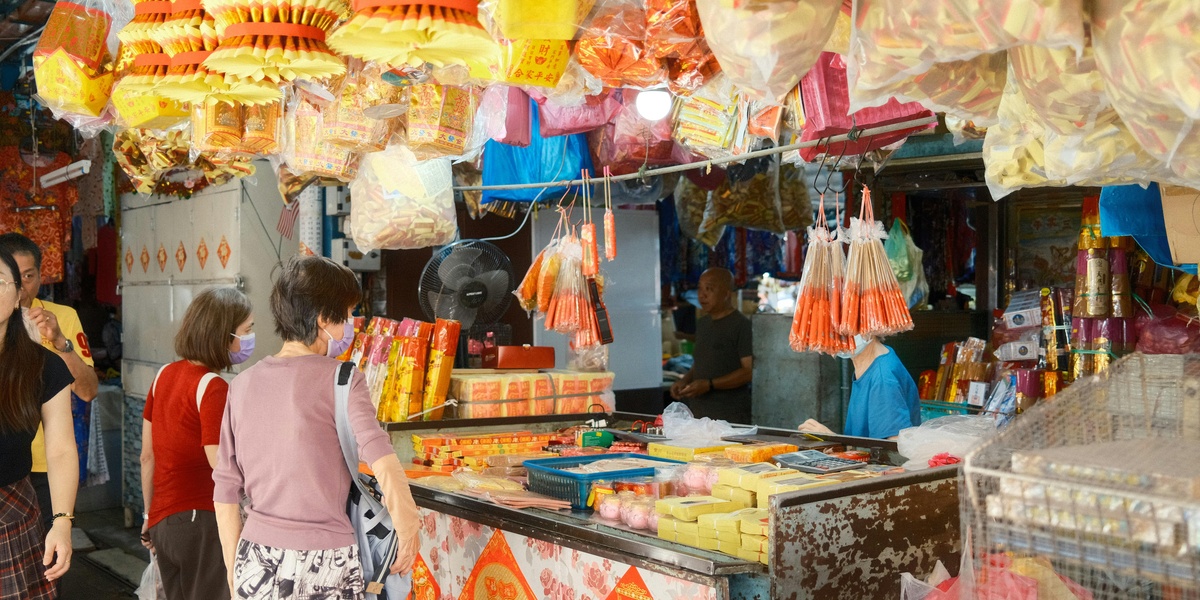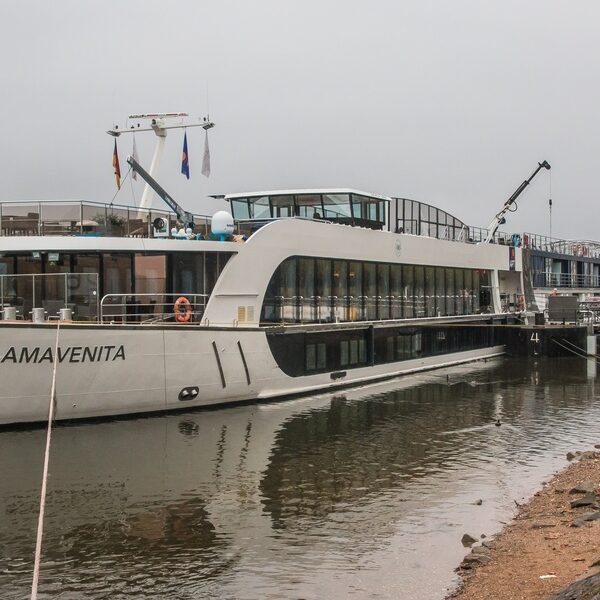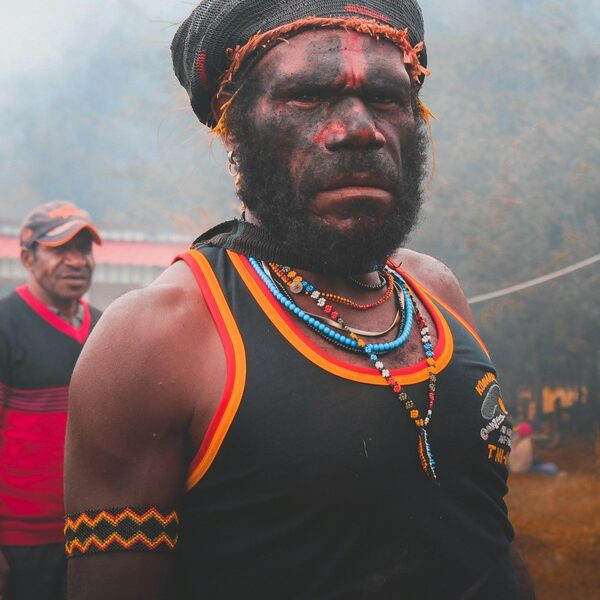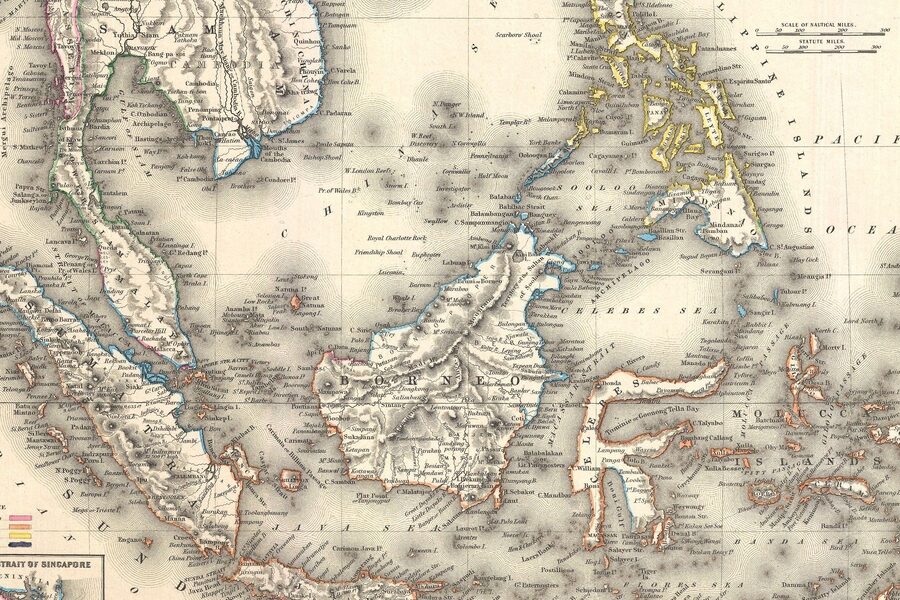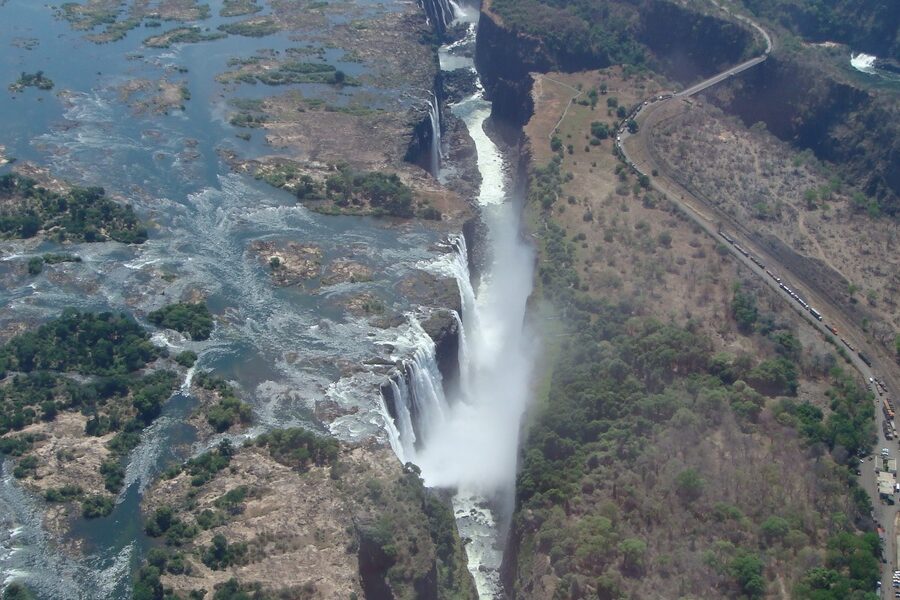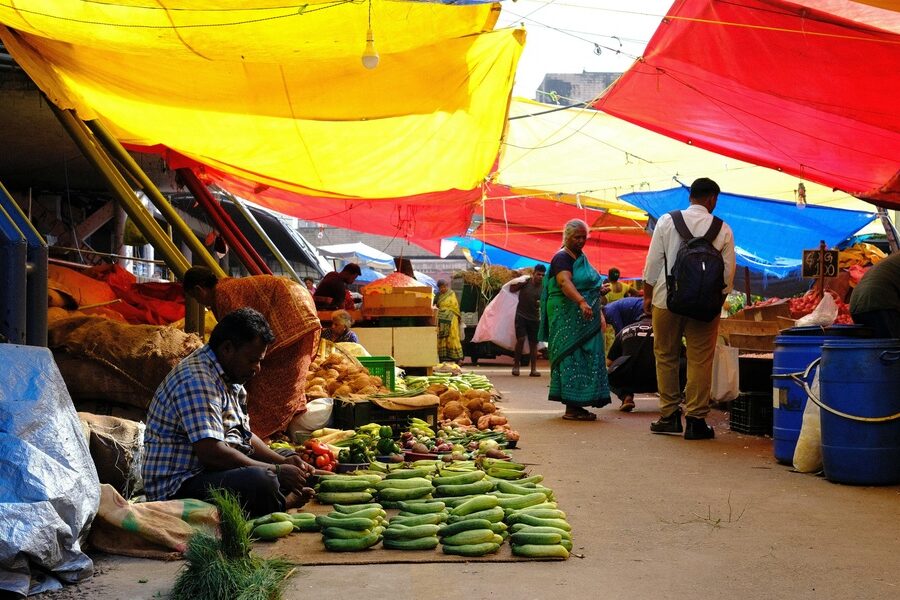Malaysia is a mix of cultures, cuisines and languages, so a few local phrases can make moving between street markets, attractions and transit much smoother. Whether you’re ordering laksa, asking for directions, or checking bus times, the right words help you connect and avoid confusion.
There are 55 Useful Phrases for Tourists in Malaysia, ranging from “Ada Wi-Fi?” to “Tutup”. Each entry is organized with Translation (EN), Pronunciation, Context/use to make it easy to read and use in real situations — you’ll find below.
Which phrases should I learn first when visiting Malaysia?
Start with greetings (hello, thank you), basic questions (where, how much), numbers, and food-related lines — they solve most everyday needs. Malaysians generally speak some English, but trying Malay phrases shows respect and often gets friendlier help.
How reliable are the pronunciations and when should I use them?
Pronunciations are phonetic guides to help with quick speaking; they’re not perfect but work well for simple exchanges. Use them for polite interactions, ordering, asking directions, and emergencies; the Translation (EN) and Context/use columns tell you when a phrase is most appropriate.
Useful Phrases for Tourists in Malaysia
| Phrase (Malay) | Translation (EN) | Pronunciation | Context/use |
|---|---|---|---|
| Selamat pagi | Good morning | suh-LAH-mat PA-gee | Morning greeting; formal/polite |
| Terima kasih | Thank you | teh-REE-mah KAH-seeh | Expressing gratitude; formal or casual |
| Sama-sama | You’re welcome | SAH-mah SAH-mah | Reply to thanks; casual/polite |
| Tolong | Please/Help | TOH-long | Asking for help or a favor; urgent/non-urgent |
| Maaf | Sorry/Excuse me | MAH-af | Apology or to get past someone politely |
| Maafkan saya | Forgive me/I’m sorry | mah-AF-kan SAH-ya | Stronger apology; bumping someone or causing trouble |
| Saya tak faham | I don’t understand | SAH-ya tak fah-HAM | When you don’t understand spoken Malay |
| Boleh cakap Bahasa Inggeris? | Can you speak English? | BOH-lay cha-CAHP Ba-HA-sa ING-gris | Ask if someone speaks English politely |
| Boleh cakap perlahan-lahan? | Can you speak slowly? | BOH-lay cha-CAHP per-LAH-han per-LAH-han | Ask speakers to slow down for comprehension |
| Di mana tandas? | Where is the toilet? | dee MAH-nah TAN-dahs | Asking for restroom location in public places |
| Berapa harganya? | How much is it? | beh-RAH-pah HAHR-gah-nya | Asking price in markets or stores |
| Murah sikit? | Can you make it cheaper? | MOO-rah SEE-kit | Haggling at markets; polite bargaining |
| Bil, sila | The bill, please | beel SEE-lah | Asking for the check in restaurants |
| Boleh saya minta bil? | May I have the bill? | BOH-lay SAH-ya MEEN-tah beel | Polite request for the check at a restaurant |
| Satu air kosong, sila | One plain water, please | SAH-too AH-ear KO-song SEE-lah | Ordering water in restaurants or stalls |
| Tidak pedas, terima kasih | Not spicy, thank you | TEE-dak PEH-das te-REE-mah KAH-seeh | Requesting milder food in eateries |
| Adakah makanan ini halal? | Is this food halal? | ah-DAH-kah MAH-kah-nan EE-nee HA-lal? | Asking about halal status in restaurants |
| Boleh bungkus? | Can I pack this to-go? | BOH-lay BOONG-koos | Request takeaway for food |
| Bolehkah saya cuba? | Can I try this? | BOH-lay-kah SAH-ya CHOO-bah | Trying clothes or food samples |
| Saiz apa? | What size? | SIGHZ AH-pah | Asking for clothing/shoe size in shops |
| Di mana stesen bas? | Where is the bus station? | dee MAH-nah STEH-sen bahs | Asking for public transport hub directions |
| Di mana stesen keretapi? | Where is the train station? | dee MAH-nah STEH-sen keh-reh-TAH-pee | Finding train stations or KTM stations |
| Di mana lapangan terbang? | Where is the airport? | dee MAH-nah lah-PAH-ngan TER-bahng | Asking for directions to the airport |
| Berhenti di sini, sila | Stop here, please | ber-HEN-tee dee SEE-nee SEE-lah | In taxis or ride-hailing, to stop at location |
| Boleh hantar saya ke… | Can you take me to… | BOH-lay HAN-tar SAH-ya kuh | Giving destinations to taxi drivers |
| Berapa tambang? | How much is the fare? | beh-RAH-pah TAM-bang | Asking taxi or bus fare before travel |
| Tolong panggil teksi | Please call a taxi | TOH-long PAHNG-geel TEK-see | Asking hotel or shop staff to call taxi |
| Di mana mesin ATM? | Where is the ATM? | dee MAH-nah meh-SEEN A-T-M | Finding cash withdrawal machines |
| Bolehkah saya bayar dengan kad? | Can I pay by card? | BOH-lay-kah SAH-ya BYE-ar deng-AN kahd | Asking about card payment options in shops |
| Di mana kaunter tiket? | Where is the ticket counter? | dee MAH-nah KOWN-ter TEE-ket | Buying tickets at stations, attractions, or airports |
| Saya kehilangan bagasi | I lost my luggage | SAH-ya keh-LEE-han-GAN BAH-gah-see | Reporting lost luggage at airport or hotel |
| Saya perlukan doktor | I need a doctor | SAH-ya PER-loo-kan DOK-tor | Medical help at clinic, pharmacy, or emergency |
| Tolong! Saya perlukan bantuan | Help! I need assistance | TOH-long SAH-ya PER-loo-kan BAN-too-an | General emergency appeal for help |
| Polis! | Police! | POH-lis | Shout in emergencies requiring police |
| Ambulans! | Ambulance! | AM-bu-lans | Call for immediate medical transport |
| Bomba! | Fire brigade! | BOM-bah | Call for fire emergency assistance |
| Ada Wi-Fi? | Is there Wi‑Fi? | AH-dah WIGH-fye | Asking about internet access in cafes/hotels |
| Boleh saya guna tandas? | May I use the restroom? | BOH-lay SAH-ya GOO-nah TAN-dahs | Polite restroom request in shops/cafes |
| Boleh saya ambil gambar? | Can I take a photo? | BOH-lay SAH-ya AM-bil GAM-bar | Ask permission before photographing people/shops |
| Saya alergi kepada… | I am allergic to… | SAH-ya ah-LER-gee kuh-PAH-dah | Informing staff about allergies in restaurants |
| Saya vegetarian | I am vegetarian | SAH-ya VEH-jeh-TAH-ree-an | Requesting meat-free meals in restaurants |
| Tiada daging babi? | No pork? | TEE-ah-dah DAH-ging BAH-bee | Asking if dish contains pork |
| Kurangkan pedas, tolong | Less spicy, please | koo-RAH-ngan PEH-das TOH-long | Request milder spice level in food |
| Bolehkah saya menukar wang? | Can I exchange money? | BOH-lay-kah SAH-ya muh-NAH-kar WAHNG | Asking where to change currency |
| Di mana kaunter bagasi? | Where is the baggage counter? | dee MAH-nah KOWN-ter BAH-gah-see | At airports for lost/delayed luggage inquiries |
| Jam berapa buka? | What time does it open? | jam beh-RAH-pah BOO-kah | Asking business or attraction opening times |
| Tutup | Closed | TOO-toop | Sign or response when business is closed |
| Buka | Open | BOO-kah | Sign or response when business is open |
| Saya dari… | I am from… | SAH-ya DAH-ree | Introducing your country or origin in conversation |
| Nama saya… | My name is… | NAH-mah SAH-ya | Introducing yourself politely |
| Bagaimana saya nak ke… | How do I get to… | BAH-gee-mah-nah SAH-ya nak keh | Asking directions to a place or landmark |
| Ada diskaun? | Is there a discount? | AH-dah dis-KA-oon | Asking about discounts in shops or tours |
| Kunci bilik | Room key | KOON-chee BEE-leek | At hotels when referring to your room key |
| Saya bayar tunai | I’ll pay cash | SAH-ya BYE-ar TOO-nai | Informing a seller you will pay in cash |
| Ruang menukar wang | Currency exchange counter | Roo-AHNG muh-NAH-kar WAHNG | Finding official money exchange at malls/airports |
Images and Descriptions
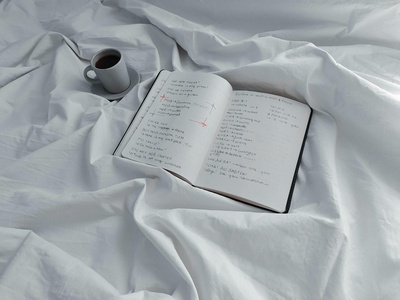
Selamat pagi
A standard, polite morning greeting used in hotels, shops, and with locals. Use in mornings until mid-day; say “Selamat petang” for afternoon and “Selamat malam” for evening. Appreciated for showing respect.
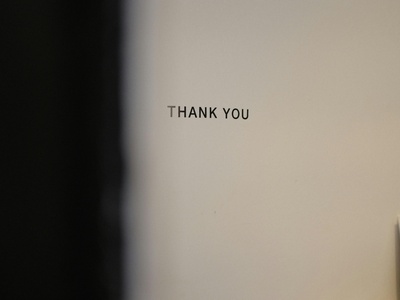
Terima kasih
The common way to say thanks anytime. Adding “banyak” (byah-NEE-ak) — “terima kasih banyak” — means thank you very much. Polite and always well received.
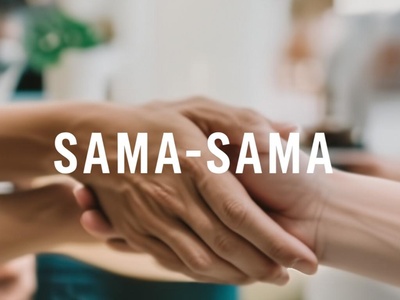
Sama-sama
Standard response to “terima kasih.” Short and friendly. Use in shops, restaurants, or after someone thanks you. Very common and neutral.
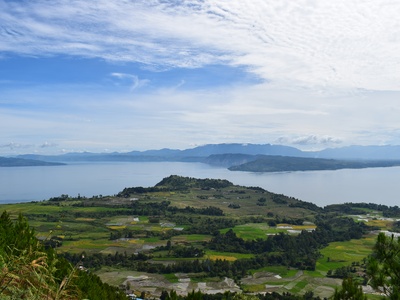
Tolong
A versatile word: “tolong” alone often means “help!” or “please.” Precede requests with it to be polite. In emergencies, shout “Tolong!” to attract attention.
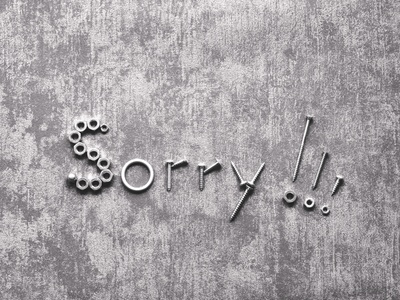
Maaf
Used to apologize or to say “excuse me” when brushing past someone. Short and polite. For stronger apology say “Maafkan saya.” Useful in crowded places.
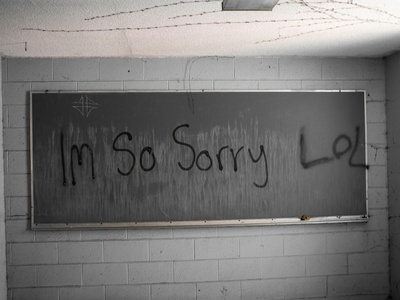
Maafkan saya
Polite, sincere apology. Use after accidents or when you need to apologize formally. More emphatic than “maaf.”
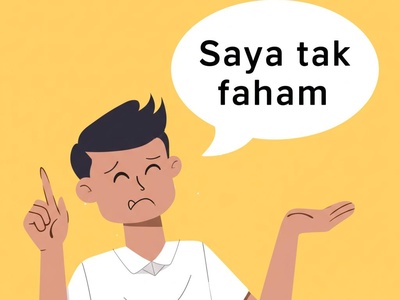
Saya tak faham
Useful when learning or when someone speaks Malay quickly. Follow with “Boleh ulang?” or ask for English. Polite and honest; locals often switch to English.
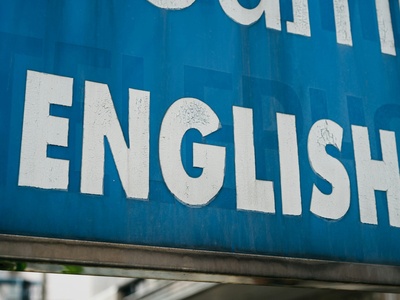
Boleh cakap Bahasa Inggeris?
A polite way to request English. Many Malaysians speak some English; staff in tourist areas usually respond. If not, try “Boleh cakap perlahan-lahan?”
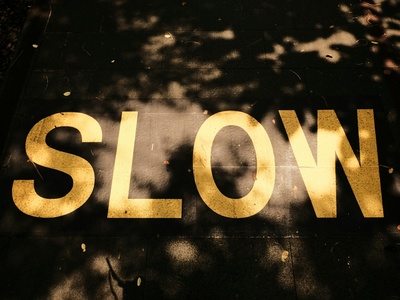
Boleh cakap perlahan-lahan?
Very useful when learning. People often accommodate by speaking slower. Combine with “Terima kasih” to show appreciation.
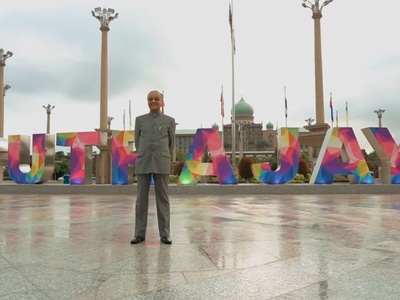
Di mana tandas?
Direct and widely understood. “Tandas” is common; “bilik air” also used. Adding “sila” makes it polite: “Di mana tandas, sila?”
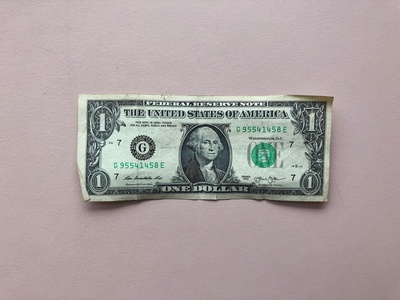
Berapa harganya?
Essential for shopping and taxis. Locals will usually give price; in markets haggling may be expected. Say “murah sikit” to request a lower price.
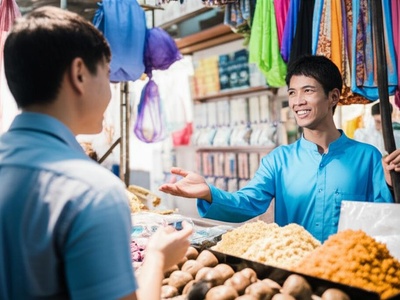
Murah sikit?
Polite, casual phrase for negotiating price. Many street markets expect bargaining; say with a smile. Avoid aggressive haggling in tourist attractions or chain stores.
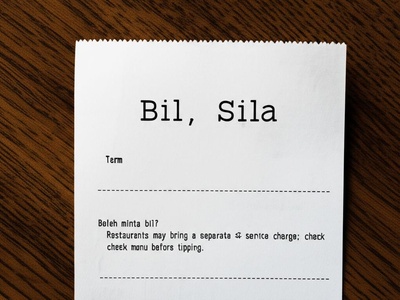
Bil, sila
Common and short. Alternatively “Boleh minta bil?” is slightly more formal. Restaurants may bring a separate service charge; check menu before tipping.
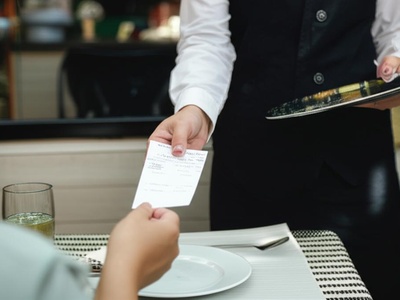
Boleh saya minta bil?
Polite and widely used. Servers will bring the bill; add “sila” for extra politeness. Cash and cards are accepted in many places.

Satu air kosong, sila
Air kosong means plain drinking water. In some places bottled water is sold. Saying “sila” makes it polite. Useful in hot weather.
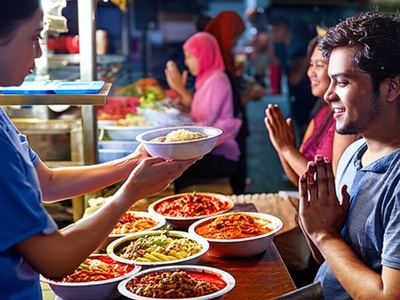
Tidak pedas, terima kasih
Ask this to reduce spice. Malaysian food can be very spicy; servers will usually accommodate. “Kurangkan pedas” is another polite alternative.
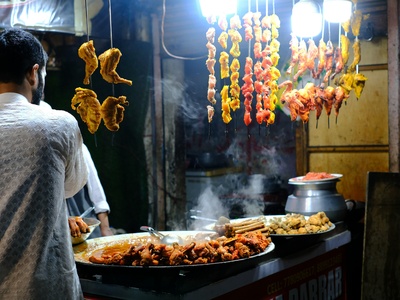
Adakah makanan ini halal?
Important for Muslim travelers or those seeking halal food. Many restaurants display halal certification; asking politely avoids confusion.
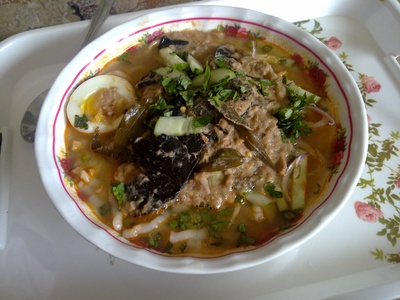
Boleh bungkus?
Bungkus is commonly used for takeaway. Useful at hawker stalls or cafes. Say “boleh bungkus, sila?” to be polite. Great for leftovers or street food.
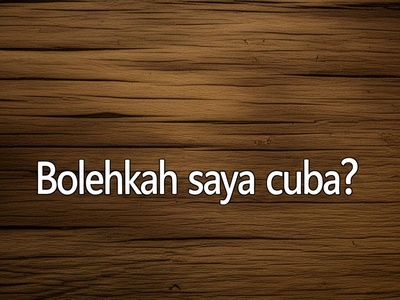
Bolehkah saya cuba?
Polite when asking to try on clothing or taste something. For clothes add “boleh saya cuba ini?” Staff usually expects this.
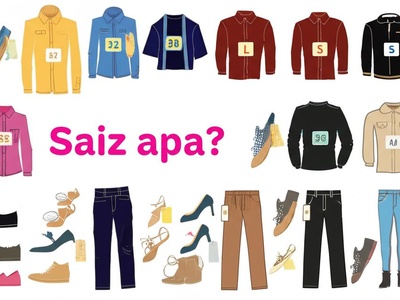
Saiz apa?
Short and direct. Follow with numbers if known (e.g., “saiz S, M, L”). Sellers will show available sizes; useful in markets and malls.
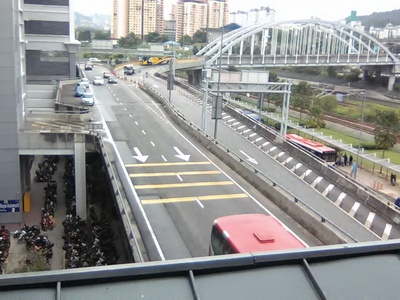
Di mana stesen bas?
Useful when navigating cities. Specify “stesen bas utama” for main bus terminal. Taxi drivers and locals will point you or give directions.
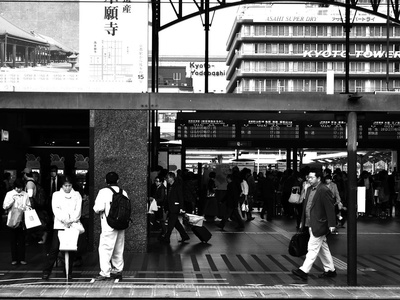
Di mana stesen keretapi?
Essential for intercity travel. Use local names (e.g., KL Sentral). Ask for “stesen keretapi” or “stesen ETS” for express trains.
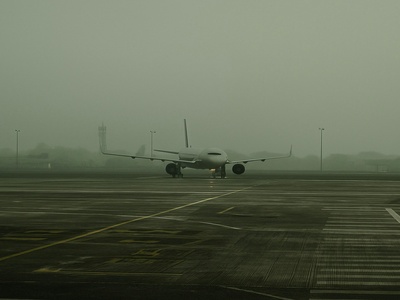
Di mana lapangan terbang?
Use when arranging transport. Say the airport name (e.g., “Lapangan Terbang KLIA”). Taxi drivers know routes; confirm fare or meter use.
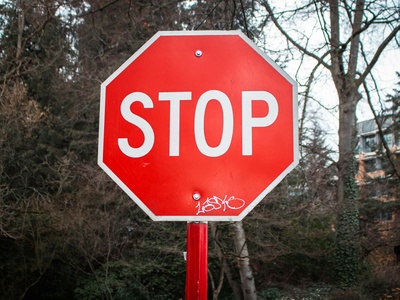
Berhenti di sini, sila
Polite phrase to tell driver to stop. Also “Tolong berhenti di sini.” Confirm fare or use meter/app to avoid confusion.
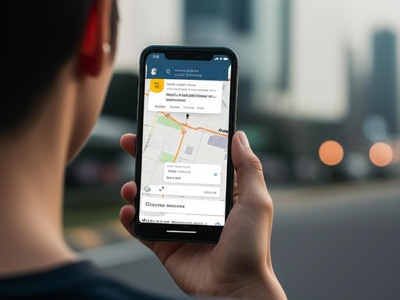
Boleh hantar saya ke…
Start with “Boleh hantar saya ke” followed by place name. Show address on phone for clarity. Using ride-hailing apps is also common.
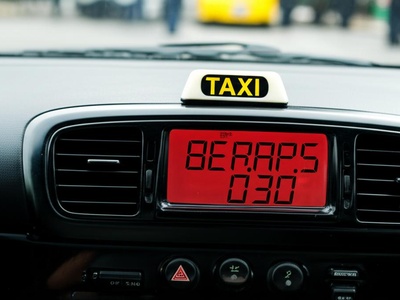
Berapa tambang?
Useful to confirm price before starting a trip. For taxis insist on meter: “Tolong guna meter.” Negotiate for private hires if meter unavailable.
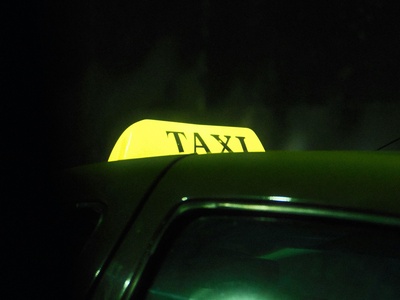
Tolong panggil teksi
Polite request at hotels or restaurants. Many places can call a taxi or suggest a ride-hailing option like Grab (widely used).
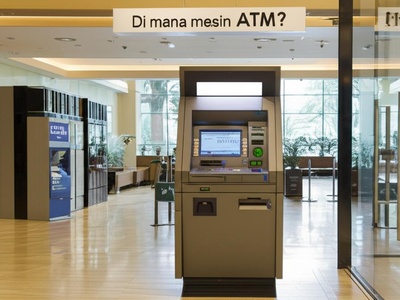
Di mana mesin ATM?
Common in cities and malls. Say nearest bank name or ask “Di mana ATM?” Many ATMs accept international cards; watch for fees.
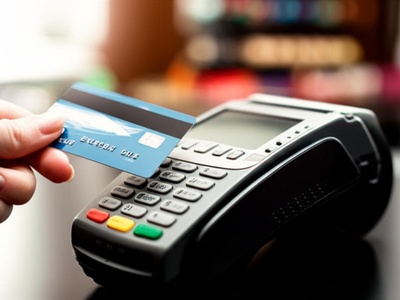
Bolehkah saya bayar dengan kad?
Useful in shops, restaurants, and hotels. Many places accept cards, but small stalls may be cash-only. Contactless payment increasingly common.
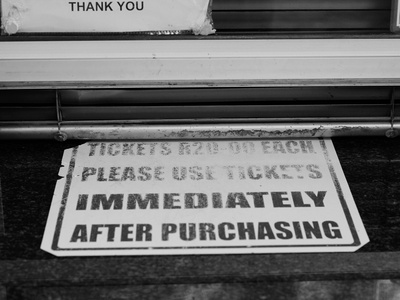
Di mana kaunter tiket?
Ask at transport hubs or attractions. Ticket counters (“kaunter”) sell official tickets; avoid unlicensed sellers. Helpful for trains, buses, and ferries.
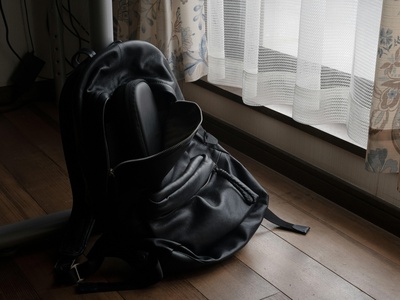
Saya kehilangan bagasi
Use this phrase at airport lost-and-found or police desk. Follow with details and flight info. Staff will direct you to the proper counter.

Saya perlukan doktor
Use for non-life-threatening medical needs. For emergencies add “segera” (immediately). Many clinics speak English; carry travel insurance details.

Tolong! Saya perlukan bantuan
Clear request in emergencies. Locals will assist and call services. For immediate danger follow up with “Polis!” or “Ambulans!” if necessary.
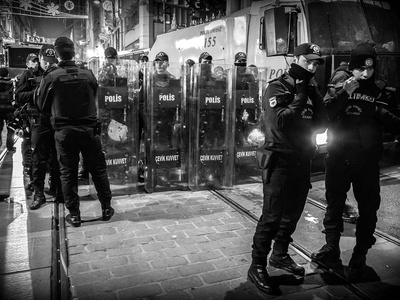
Polis!
Short, universally recognized emergency call. Use to attract attention or ask someone to call the police. Malaysia’s emergency number is 999 for police, ambulance, fire.
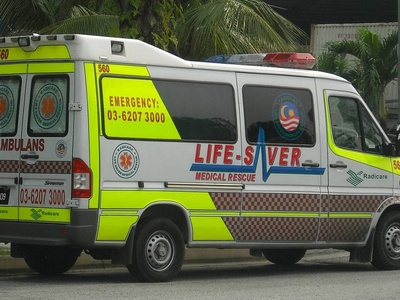
Ambulans!
Shouted in emergencies to alert bystanders. Staff at hotels will call emergency services. Say location clearly to helpers.
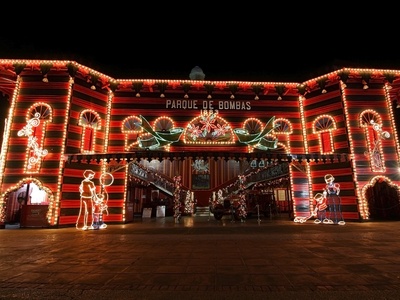
Bomba!
Used to call for firefighters. In an emergency yell to attract attention and request help while someone calls emergency services.
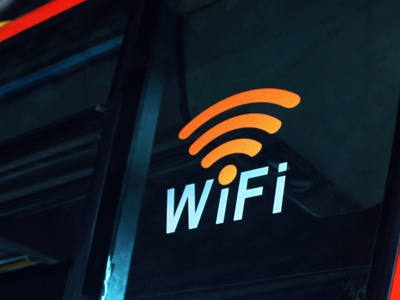
Ada Wi-Fi?
Short and handy in cafes and hotels. Staff will usually provide a password with “kata laluan Wi‑Fi.” Many public places offer free Wi‑Fi.
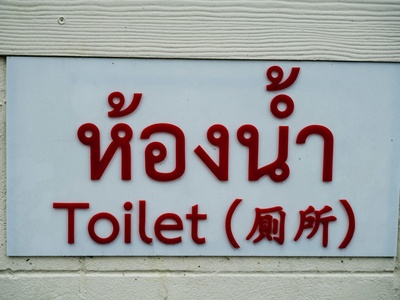
Boleh saya guna tandas?
Polite phrasing when asking to use facilities. Some businesses reserve restrooms for customers; buying something is courteous.
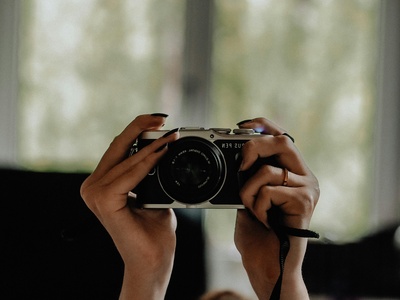
Boleh saya ambil gambar?
Polite and respectful, especially when photographing locals, religious sites, or private property. Many Malaysians appreciate being asked first.
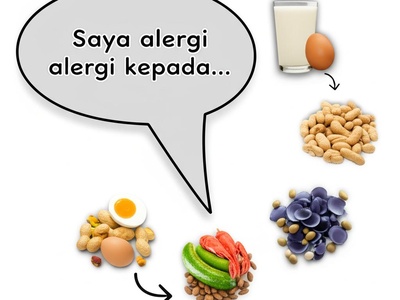
Saya alergi kepada…
Essential for food safety. Follow with the allergen (e.g., “kacang” for nuts). Staff may advise dishes to avoid; pointing at menu items helps.
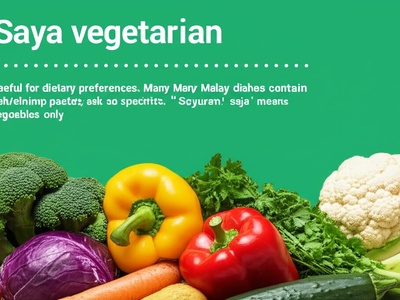
Saya vegetarian
Useful for dietary preferences. Many Malay dishes contain fish/shrimp paste; ask specifics. “Sayuran saja” means vegetables only.
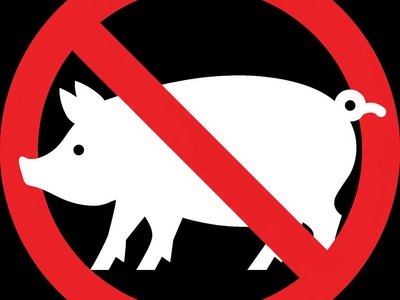
Tiada daging babi?
Important for dietary/religious reasons. Many Malay eateries serve halal food; in Chinese restaurants pork may be present. Ask politely to be safe.
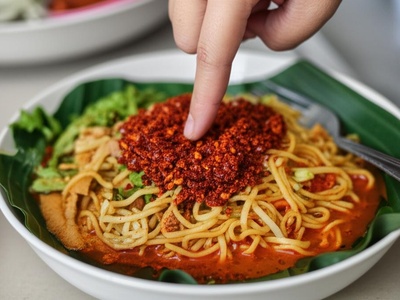
Kurangkan pedas, tolong
Polite way to ask chefs to reduce chili. Useful at local stalls where spice level is high. Servers usually accommodate.

Bolehkah saya menukar wang?
Use at banks, money changers, or airport counters. Compare rates and ask about fees. Avoid street exchangers with poor reputations.
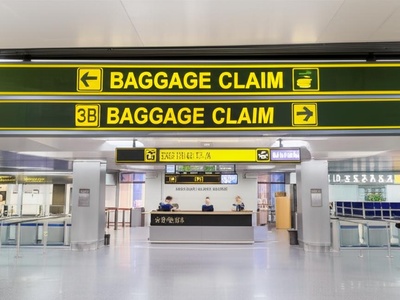
Di mana kaunter bagasi?
Useful on arrival or after a delayed bag. Staff will direct you to the airline’s baggage service counter.
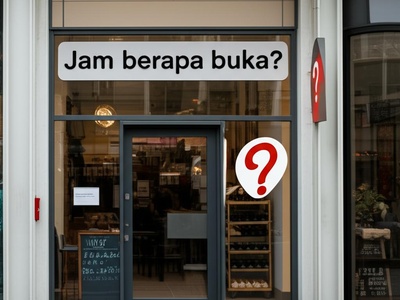
Jam berapa buka?
Short and practical for shops, museums, and tours. Many places have different hours on weekends or public holidays; always confirm.
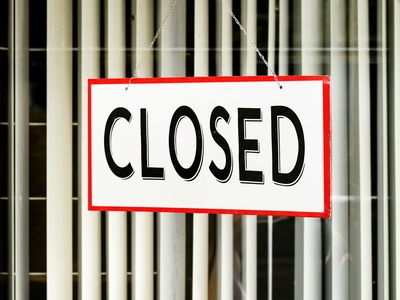
Tutup
Simple word used on signs or when told a place is not open. Respect local hours; many shops close mid-afternoon or on religious holidays.
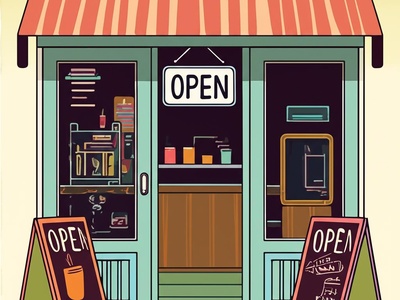
Buka
Opposite of “tutup.” Helpful when checking if a shop or attraction is operating. Tourist spots often note opening hours.
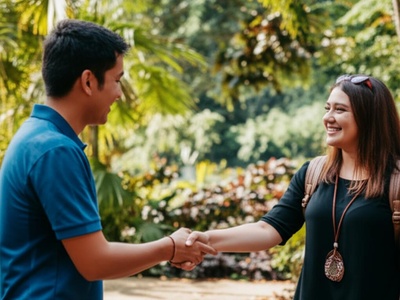
Saya dari…
Use in small talk when meeting locals. People are interested in visitors’ origins; it opens friendly conversation. Follow with “saya dari [country].”

Nama saya…
Common polite introduction. Useful when meeting guides, hosts, or new people. Say “Nama saya [your name]” and reply politely to introductions.
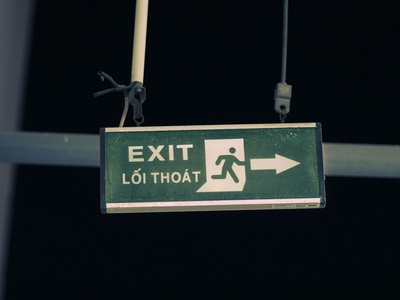
Bagaimana saya nak ke…
Useful for getting step-by-step directions. Locals may give landmarks rather than street names; show a map on your phone for clarity.
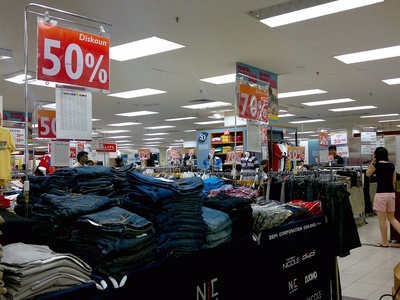
Ada diskaun?
Polite question at markets or for group bookings. Some tourist services offer promotions; asking never hurts. Use respectfully in formal shops.
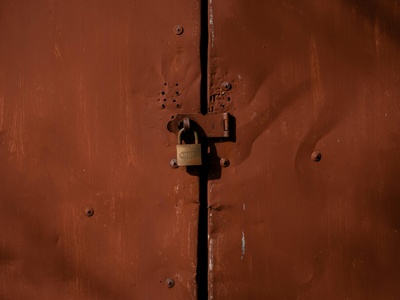
Kunci bilik
Useful when checking in or requesting assistance with your room. Staff will understand immediately; say “saya kehilangan kunci bilik” if lost.
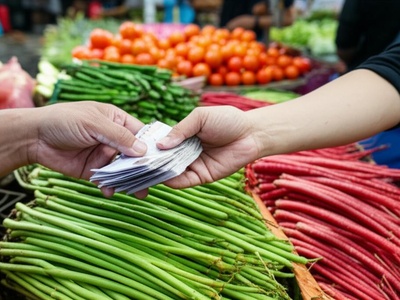
Saya bayar tunai
Simple phrase at stalls or taxis. Some places prefer cash; others accept cards. Good to clarify payment method beforehand.
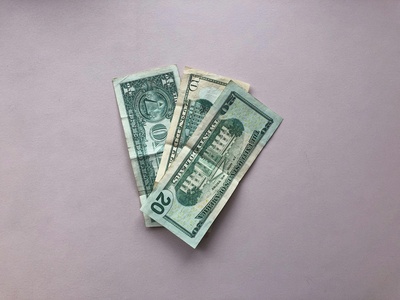
Ruang menukar wang
Useful phrase when seeking official exchange counters. Look for banks or licensed money changers with visible rates and receipts.

